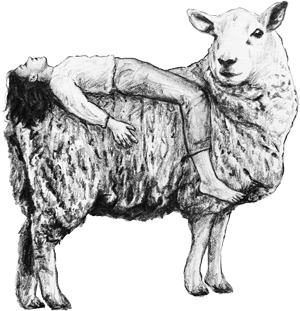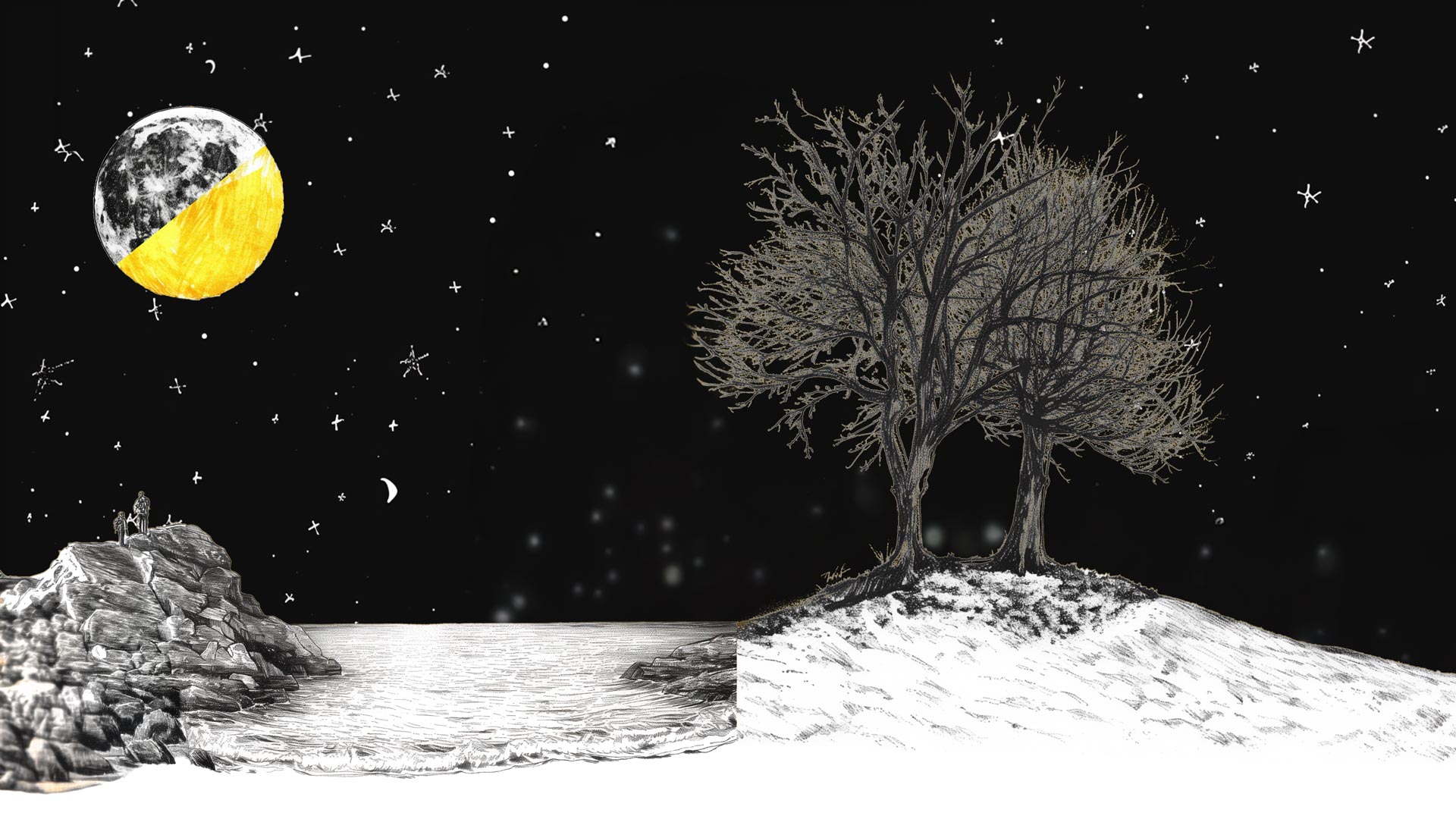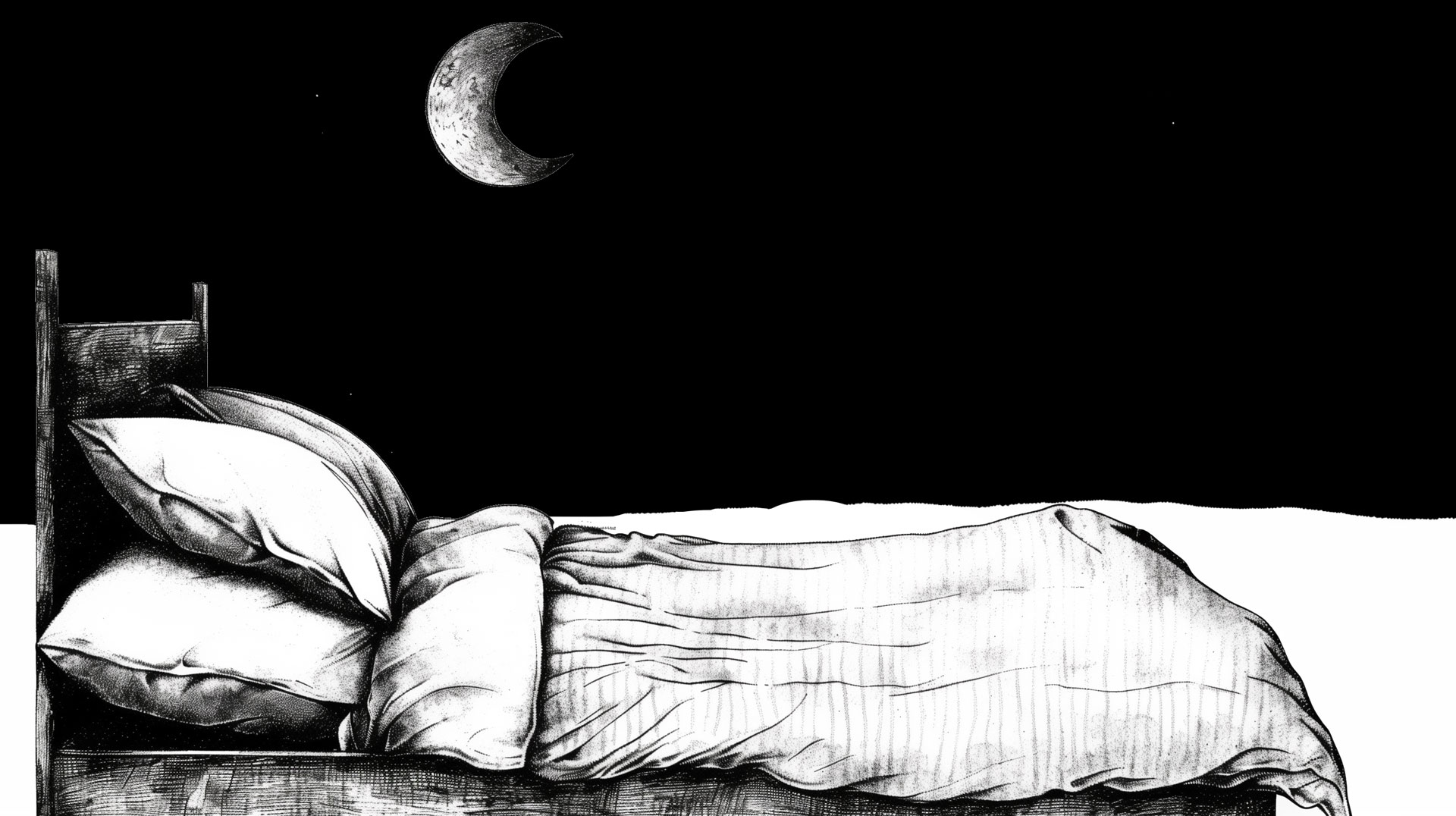Did you notice that you sleep better during winter? Or maybe during summer?
Well, there are simple explanations for those differences in sleep quality. We will explain the Seasonal factors influencing your sleep quality and let you know about the best strategies to manage them. Understanding these seasonal differences can help you make adjustments to improve your sleep year-round.
In this article we will cover:
- Seasonal changes and their Impact
- Seasonal Sleep Preferences & Research studies
- Strategies for Seasonal sleep improvement
Seasonal Changes and Their Impact on Sleep
Daylight Exposure
Natural light is a major regulator of our circadian rhythms, the internal clock that dictates sleep and wakefulness. Exposure to sunlight helps to signal our body that it’s daytime. This suppresses melatonin production, a hormone which helps us sleep. In summer, the extended daylight hours which suppress our sleep hormone can lead to delayed sleep times. In contrast, the shorter days of winter mean earlier onset of darkness, which can encourage an earlier bedtime.
However, the reduced daylight in winter can also affect the timing of melatonin release. With shorter and often cloudier days, people might not receive enough daylight exposure to maintain a stable circadian rhythm. This misalignment can disrupt the sleep-wake cycle and is a factor in seasonal affective disorders (SAD).
Ambient Temperature
Research suggests that the ideal temperature for sleep is around 60-67 degrees Fahrenheit (15-19 degrees Celsius). Cooler temperatures help lower the body’s core temperature, a necessary step for initiating sleep. During winter, the naturally cooler nights can facilitate this drop in temperature. This can result in quicker and deeper sleep. During summer, high temperatures can prevent this cooling, leading to difficulty falling asleep and increased wakefulness throughout the night.
Lifestyle Adjustments
Seasonal variations often dictate social and leisure activities, which influence sleep schedules. Summer tends to offer longer evenings for socializing and leisure, pushing bedtime later. This can lead to a shift in the circadian rhythm if one consistently goes to bed later and wakes up later than usual. Most people are willing to push out their bedtime for social events, even if they must get up early the next day. This can lead to overall decreased sleep time. Winter, with its shorter days and often less enticing weather for evening activities, encourages more regular sleep schedules due to fewer social events.
Diet and Exercise
Dietary habits and exercise routines can change with the seasons and therefore directly impact sleep. Hearty, rich foods common in winter can take longer to digest, potentially causing discomfort and delaying sleep onset if consumed close to bedtime. Conversely, summer’s lighter meals can aid in faster digestion.
Though late dining due to extended daylight can also delay sleep. Exercise, which is often practiced more in summer, helps regulate sleep patterns and promote deeper sleep. Reduced physical activity in winter might lead to decreased sleep quality.
Analyzing Seasonal Sleep Preferences
General Trends
Many people experience better sleep during winter due to optimal sleeping temperatures and earlier nightfall. However, some struggle with winter’s reduced daylight, which can lead to disrupted sleep patterns and mood changes due to SAD. Those tend to sleep better during the summer season.
Research On sleep Temperature and daylight Exposure
Studies have provided empirical evidence that cooler sleeping environments enhance sleep quality. One measured sleep onset latency, total sleep time, in different temperature settings. A cooler room set at 18 degrees Celsius, and a warmer room set at 24 degrees Celsius.
The results showed that participants in the cooler environment not only fell asleep faster but also had a more consolidated sleep with fewer awakenings during the night. Specifically, the total sleep time was, on average, 20 minutes longer in the cooler condition compared to the warmer one. Additionally, the time it took to fall asleep was reduced by approximately 50% in the cooler environment.
Another study demonstrated that exposure to natural light during the day helps synchronize our internal clock to the 24-hour day-night cycle. The research specifically noted that participants who had greater exposure to natural light during the day experienced shorter sleep onset times and fewer disturbances during the night.
On average, those with ample daylight exposure (30 min – 1hour) fell asleep about 83% faster than those with limited daylight exposure, and their sleep interruptions were reduced by nearly 40%.
Individual Variability
Sleep preferences can vary based on personal factors like age, health, and lifestyle. For example, younger individuals may adapt more readily to the late nights of summer, whereas older adults often find the consistent routine of winter beneficial for sleep.
Strategies for Seasonal Sleep Improvement
Implementing these Tips will help you to get the best sleep no matter what season:
Enhancing Summer Sleep:
- Cool the Environment: Utilize air conditioning or fans to keep your sleeping area cool.
- Darken the Room: Employ blackout curtains to counteract the prolonged daylight in the evening and morning.
- Maintain a Sleep Schedule: Aim for consistent bedtimes and wake-up times to help regulate your body’s internal clock. Try not to sacrifice sleep for social activities.
- Opt for Light Bedding: Choose breathable fabrics and thinner sheets to prevent overheating at night.
Optimizing Winter Sleep:
- Maximize Light Exposure: Try to get outside during daylight hours to help regulate your sleep cycle and avoid winter depression.
- Stay Warm but not hot: Use warm, breathable bedding to create a cozy sleep environment, but be careful to not overheat.
- Use a Humidifier: Combat the dryness caused by indoor heating to make your sleep space more comfortable.
- Relax Before Bed: Engage in quiet, relaxing activities like stretching or reading to wind down and prepare for sleep.
Conclusion
The impact of seasonal changes on sleep can be profound. So, if you wonder why your sleep quality drops in certain seasons you now have the knowledge to prevent that. By understanding how summer and winter affect your sleep, you can take proactive steps to adapt your environment and habits accordingly. Whether it’s adjusting the temperature, modifying exposure to light, or tweaking the evening routines, sport and social life.



